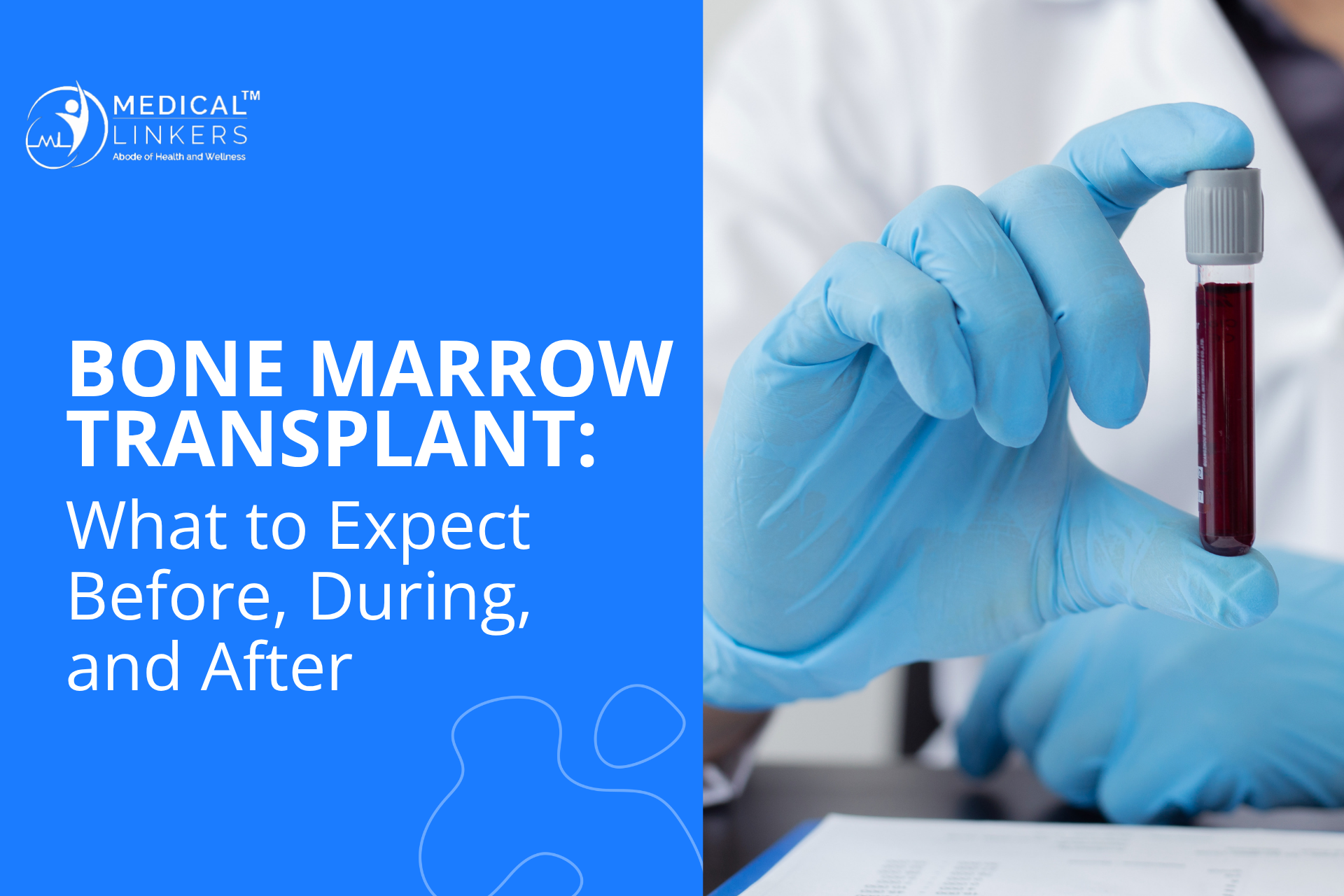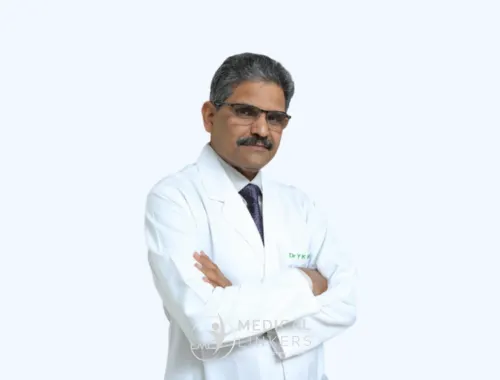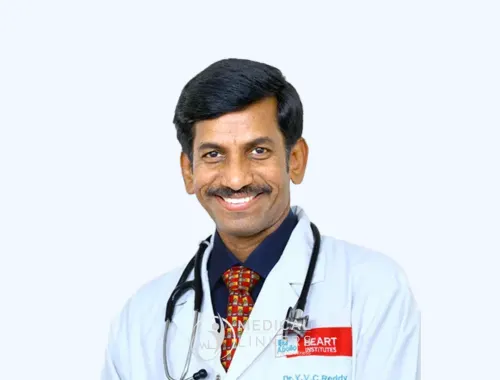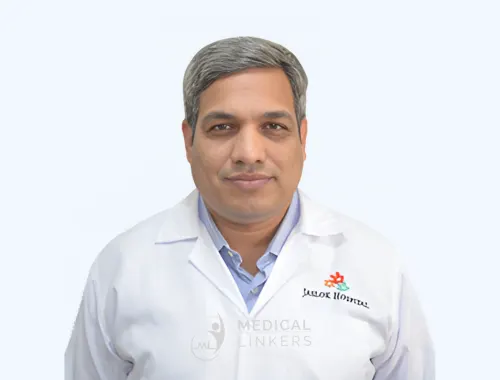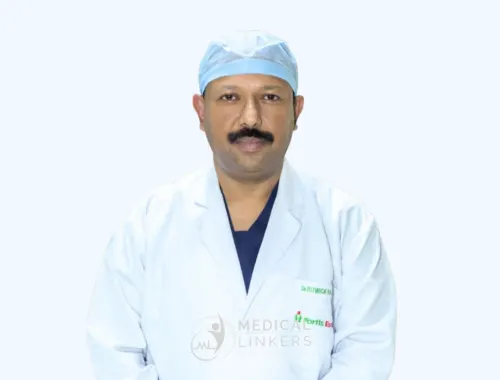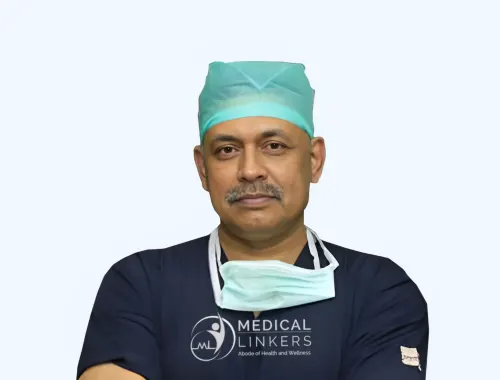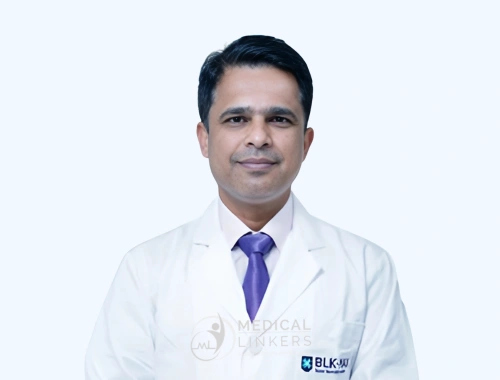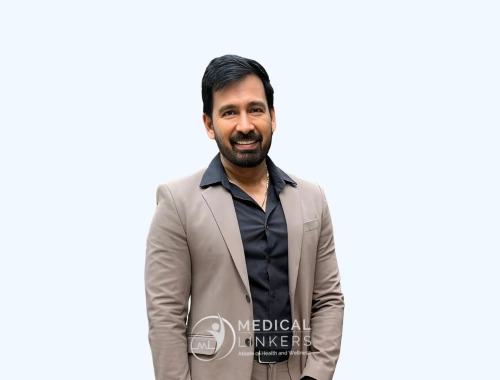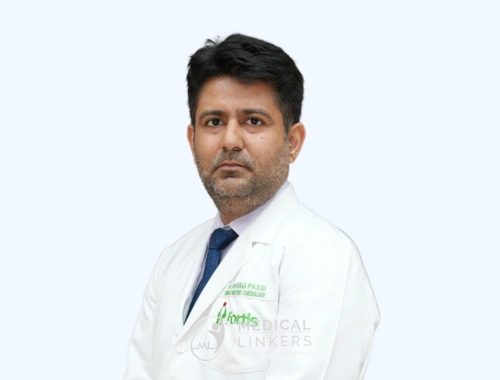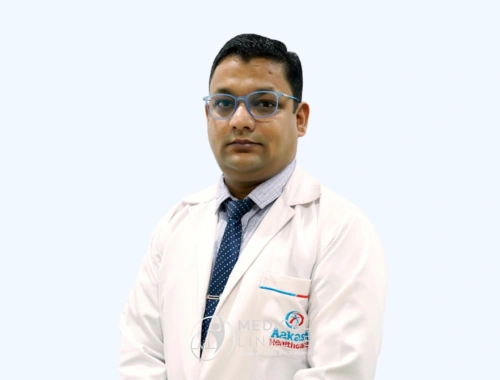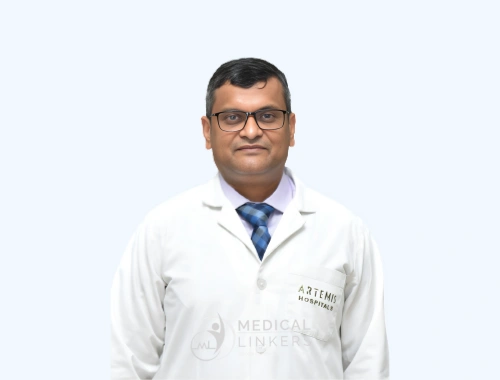Types of Heart Valve Replacements
Aortic Valve Replacement (Metallic Valve)- This involves the traditional surgery to replace the faulty aortic valve with a synthetic metallic valve.
Aortic Valve Replacement (Tissue Valve)- This involves the traditional surgery to replace the faulty aortic valve with a tissue or bovine valve.
Mitral Valve Replacement (Metallic Valve)- This involves the traditional surgery to replace the faulty mitral valve with a synthetic metallic valve.
Mitral Valve Replacement (Tissue Valve)- This involves the traditional surgery to replace the faulty mitral valve with a tissue or bovine valve.
Double Valve Replacement (Metallic Valve)- This involves the traditional surgery to replace the faulty mitral and aortic valve with synthetic or metallic valve.
Double Valve Replacement (Tissue Valve)- This involves the traditional surgery to replace the faulty mitral and aortic valve with a tissue or bovine valve.
Transcather Aortic Valve Replacement (TAVI)- This is a minimally invasive catheter-based procedure to replace diseased or faulty aortic valve.
Pulmonary Valve Repair / Replacement- This involves the surgery to repair or replace pulmonary valve.
Tricuspid Valve Repair / Replacement- This involves the surgery to repair or replace the tricuspid valve.
Diagnosis
Heart valve replacement surgery is often recommended when diagnostic exams such as echocardiography, electrocardiogram (ECG), cardiac MRI, or angiography indicate that the heart valve is no longer functioning effectively, causing symptoms like shortness of breath, fatigue, or chest pain.
Diagnostic Cost in India
| Diagnostic Procedure |
Cost in USD |
| Blood Tests |
50 to 100 |
| ECG & Echo |
80 to 150 |
| Coronary Angiography |
200 to 300 |
Surgery Cost in Different Countries
| Country |
Cost in USD |
| India |
6500 to 11500 |
| Turkey |
10000 to 28000 |
| UAE |
45000 to 65000 |
| USA |
175,000 to 195,000 |
Surgery Cost in Indian Cities
| City |
Cost in USD |
| New Delhi / NCR |
6500 to 10000 |
| Mumbai |
7500 to 11500 |
| Bangalore |
7000 to 11000 |
| Chennai |
6500 to 10500 |
Surgery Cost Inclusions
| Pricing Inclusions |
Option |
| Routine patient investigations before surgery |
Included |
| Nursing fee |
Included |
| Cost of valve(s) |
Included |
| ICU stay if needed |
Included |
| Surgeon fee, OT charges, anesthesia |
Included |
| Pre-operative outpatient consultations |
Included |
| Routine drugs and consumables required during hospitalization |
Included |
| Pre-anesthesia check up and clearance |
Included |
| Hospital stay and meals as per the package |
Included |
Top Hospitals in India for this Surgery
Artemis, Gurgaon
Max Hospital, Gurgaon
Max Super Speciality Hospital, Shalimar Bagh, New Delhi
Fortis Super Speciality Hospital, Shalimar Bagh, New Delhi
Medanta - The Medicity, Gurgaon
Factors Affecting Heart Valve Replacement Cost in India
Please note that the costs mentioned above are only indicative and not conclusive, as multiple factors influence the final cost of your treatment journey. These factors include:
The types and numbers of valves; choice of location, doctor and hospital; pre-existing medical history; type of surgery and approach; overall patient status and condition at the time of surgery; hotel stay, meals, and flights; extended hospital stay; post-operative follow-ups and medical management; post-operative dressing and nurse visits; any required blood products; complications management; treatment for any other underlying medical conditions; and any complex investigations.





